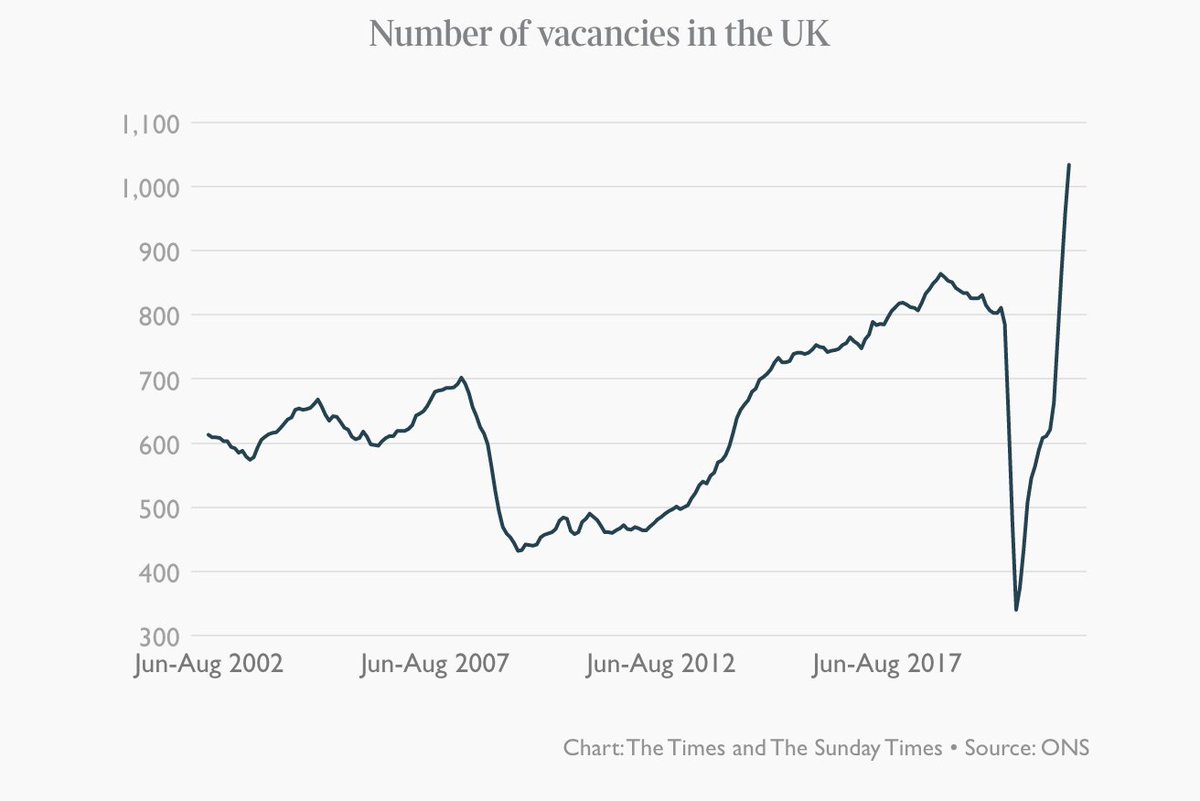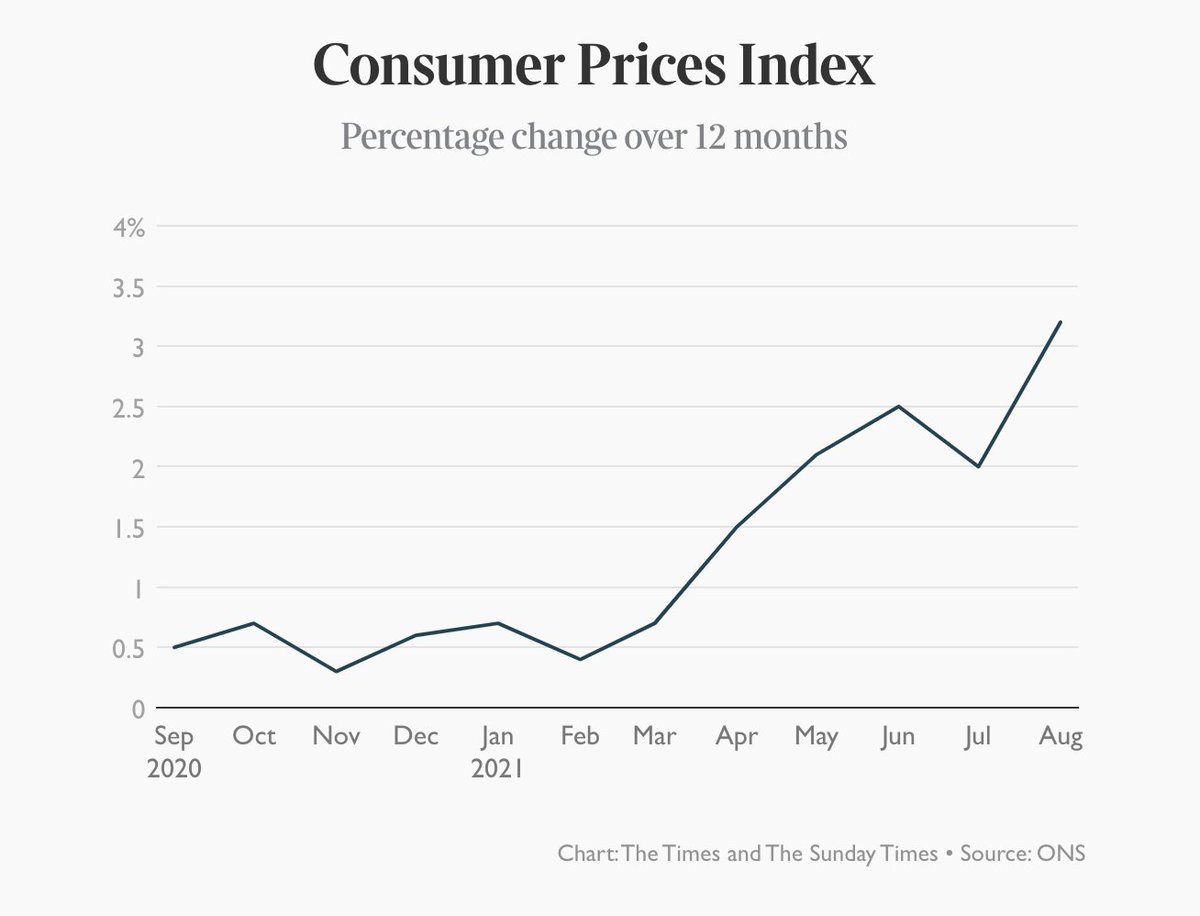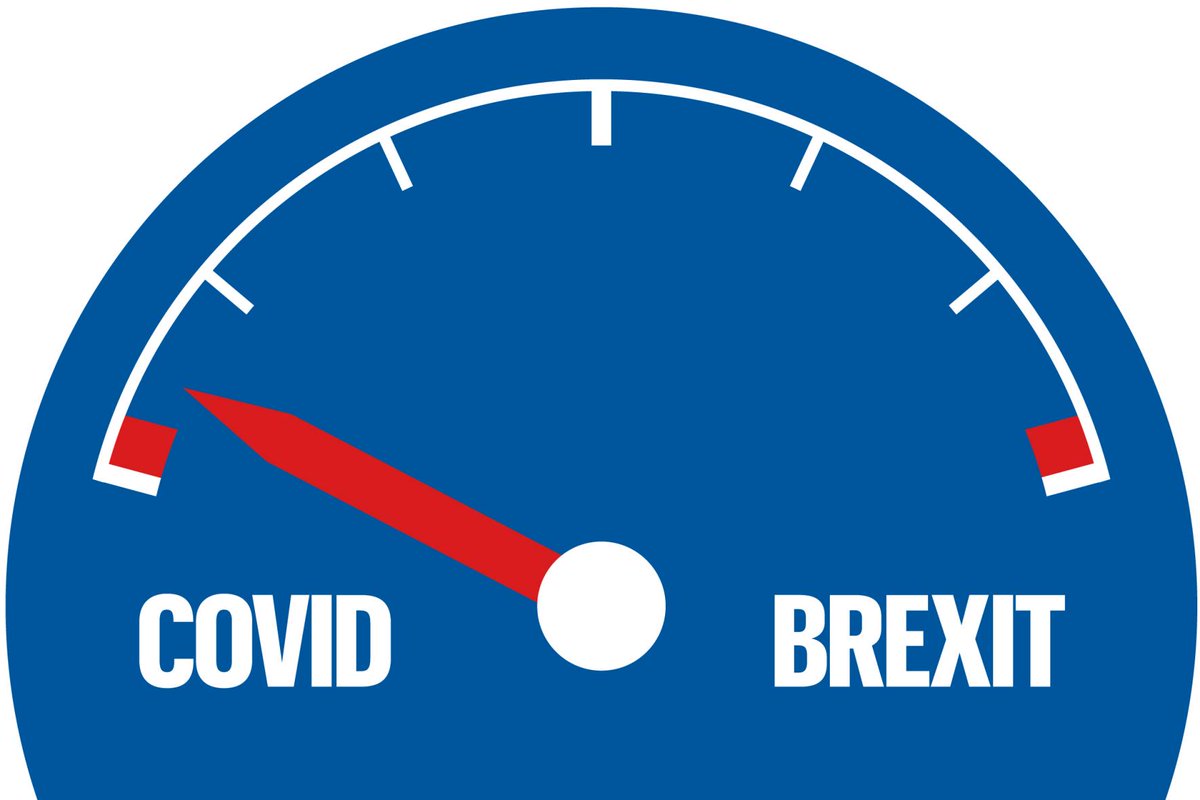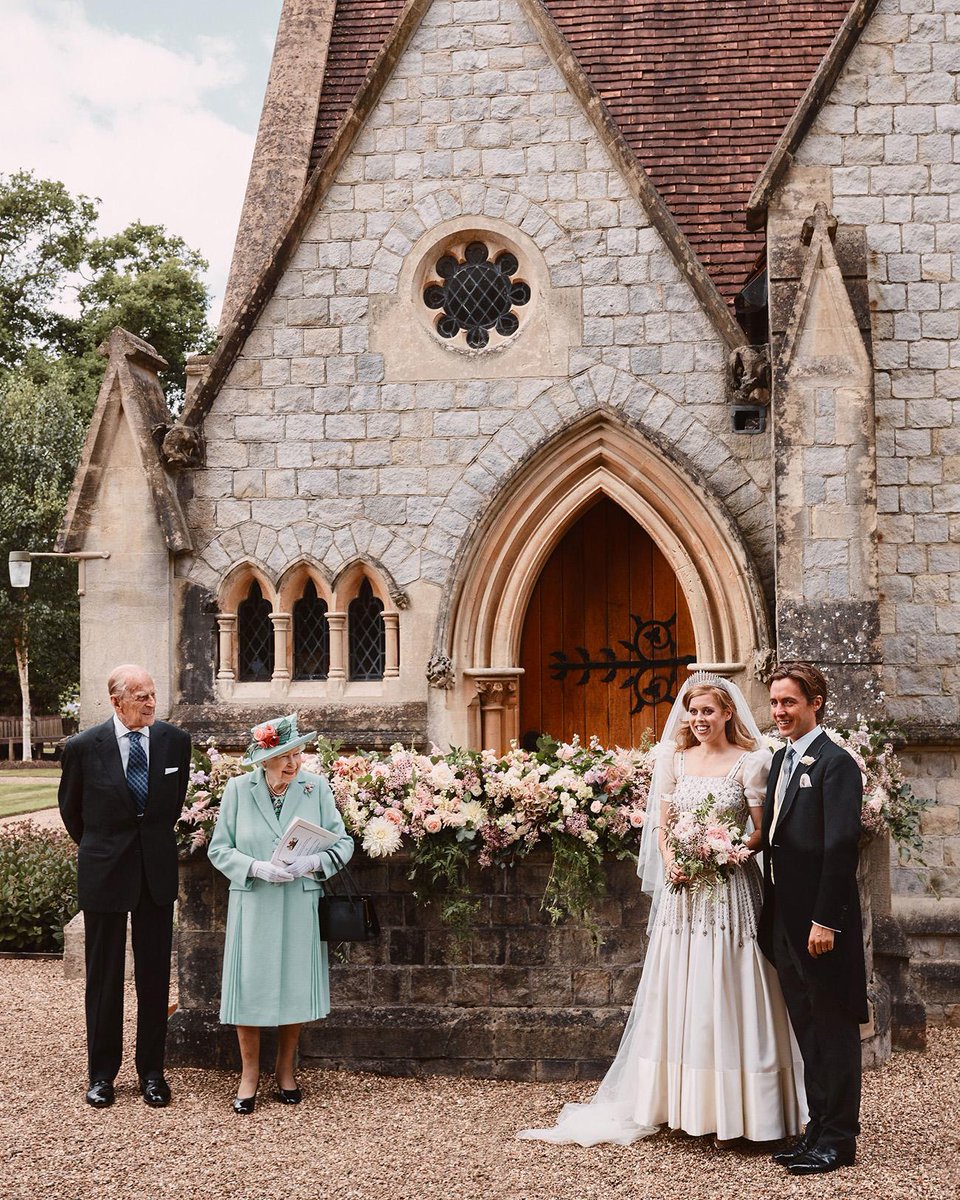
In a bid to untangle the necks of the two “black swans” at the heart of the current crises – and see which is most to blame – The Sunday Times asked economists at an independent think tank:
Covid or Brexit? thetimes.co.uk/article/covid-…
Covid or Brexit? thetimes.co.uk/article/covid-…
The pay gap
The prime minister’s assertion that “wages are rising” is not supported by the data. There is no evidence that labour shortages will lead to a high-wage, high-skill economy
The prime minister’s assertion that “wages are rising” is not supported by the data. There is no evidence that labour shortages will lead to a high-wage, high-skill economy

Reduced migration from Brexit may raise some wages but spending power could be eroded by higher inflation. So far, the EU’s spending power is similar to that of the UK, suggesting that Brexit is not the main driver
Verdict: Covid 🦠
Verdict: Covid 🦠

The HGV crisis
Brexit has reduced the attractiveness of HGV work in the UK not just because of changes to immigration policy but also because of new border controls and other restrictions
Brexit has reduced the attractiveness of HGV work in the UK not just because of changes to immigration policy but also because of new border controls and other restrictions

Brexit has aggravated an already existing problem, hence the UK is more severely affected than any other European country
Verdict: Brexit 🇬🇧💔🇪🇺
Verdict: Brexit 🇬🇧💔🇪🇺

Labour Shortages
Labour shortages have been seen in many countries as economies rebound from the pandemic. Job vacancies are at a record high in the US
Labour shortages have been seen in many countries as economies rebound from the pandemic. Job vacancies are at a record high in the US

Shortages across sectors are largely the result of the post-Covid reopening
However, Britain seems to have suffered from EU workers’ unwillingness to come back post-pandemic, and Brexit may have affected their decision
Verdict: (mostly) Covid 🦠
However, Britain seems to have suffered from EU workers’ unwillingness to come back post-pandemic, and Brexit may have affected their decision
Verdict: (mostly) Covid 🦠

Trade shortfalls
Overall, UK trade performance has been weak, especially in exports outside the EU, where it has lost market share
This is worrying given that Brexit was supposed to boost trade with regions outside Europe
Overall, UK trade performance has been weak, especially in exports outside the EU, where it has lost market share
This is worrying given that Brexit was supposed to boost trade with regions outside Europe

How much of this is due to Brexit is unclear. The data is noisy and unreliable, and will probably be revised. We still have little data on the services sector, which makes up around 40 per cent of UK exports to the EU
Verdict: (most likely) Brexit 🇬🇧💔🇪🇺
Verdict: (most likely) Brexit 🇬🇧💔🇪🇺

Rising prices
It is hard to say exactly what is driving inflation, although rising global energy prices are clearly a factor. However, UK and EU trends are similar — as in other parts of the world
It is hard to say exactly what is driving inflation, although rising global energy prices are clearly a factor. However, UK and EU trends are similar — as in other parts of the world

This suggests it is not primarily related to Brexit factors
Global shortages due to pandemic-related supply bottlenecks are the main cause of most price rises, although fuel has risen more in the UK than elsewhere
Verdict: Covid 🦠
Global shortages due to pandemic-related supply bottlenecks are the main cause of most price rises, although fuel has risen more in the UK than elsewhere
Verdict: Covid 🦠

The overall picture is one of short-term disruptions, mostly due to Covid, that are common to most countries
However, the UK also faces structural adjustments due to Brexit that are likely, over the medium to long-term, to make the UK somewhat poorer
thetimes.co.uk/article/covid-…
However, the UK also faces structural adjustments due to Brexit that are likely, over the medium to long-term, to make the UK somewhat poorer
thetimes.co.uk/article/covid-…
• • •
Missing some Tweet in this thread? You can try to
force a refresh







